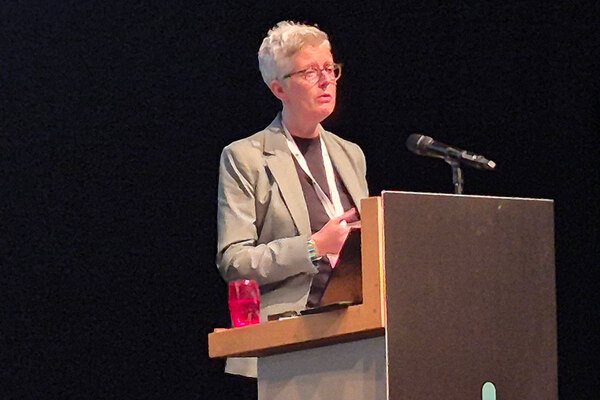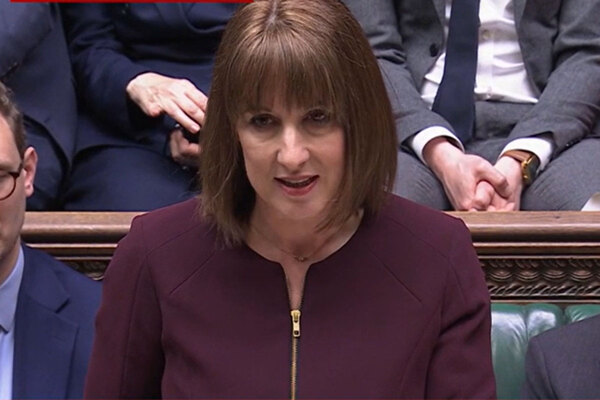Heat loss assessment better than ‘dreadful’ EPC metrics for low carbon transition, says former government advisor
Housing associations should carry out individual home heat loss assessments as opposed to the “dreadful” Energy Performance Certificate (EPC) system, a former policy advisor to the government has said.

Guy Newey shared his advice following the findings of the Electrification of Heat (EoH) demonstration project, which was funded by the Department for Business, Energy and Industrial Strategy (BEIS).
The study aimed to understand the technical and practical feasibility and constraints of a mass roll-out of heat pumps into British homes.
Mr Newey is now the chief executive of the Energy Systems Catapult, but he spent nearly six years as a policy advisor at BEIS. Prior to that, he spent more than a year at the Department of Energy and Climate Change.
He told Inside Housing: “Social housing providers, and landlords more generally, have it within their power to help households transition to low-carbon heating solutions.
“To better understand the property and ease the concerns of tenants, we’d always advise that a proper assessment of the home’s heat loss is carried out.
“This is so much better than the dreadful EPC system, [which is] still a key barrier for good low-carbon heating solutions in the domestic and non-domestic space.”
His concern of the EPC system is shared by the UK’s independent advisor on tackling climate change, Lord Deben, who called on the government to reform the metrics earlier this month.
Mr Newey explained that if landlords are able to generate a picture of heat loss, it will allow them to make a more informed decision as to where in the property may require additional insulation or home efficiency upgrades.
He added: “All homes can take a heat pump, but the install must be designed right. There is no point installing an air-source heat pump if heat is going to be allowed to pour out of single-glazed windows.
“Equally, you might not need your radiators upgraded. The truth is, without a proper heat pump calculation, you’re shooting in the dark.”
The EoH demonstration project found that interest in heat pumps is high across Britain, with more than 8,800 households from the the scheme’s three participating regions applying.
This resulted in 742 heat pumps being installed. But energy-efficiency upgrades were only made for 15% of properties where a heat pump was installed; in most cases this was loft insulation.
Many of the properties that had a heat pump installed already had suitable levels of loft and wall insulation, and the majority of homes where a heat pump was installed had an EPC rating of C or D.
The main barrier reported by participants to progressing to a heat installation was disruption, with 47% of participants citing this as their main concern.
Mr Newey said: “Through the demonstration project, we’ve found that residents, once informed, benefit from a higher level of comfort, with homes being warmer, hot water being more readily available and a greater level of control over heating schedules.
“The benefits of a heat pump to some residents help to promote the desirability of the technology. Landlords should be harnessing this feedback and using it to invigorate their energy transition plans.”
He described housing associations as being “on the frontline” of the low-carbon transition and that they “have a bigger role to play than they might imagine”.
He added: “The fact of the matter is, until installing a heat pump is easy and desirable, people will not buy into the transition.”
The lessons from the EoH project will help to inform the approach taken by the industry to meet the government’s aims of installing 600,000 heat pumps per year by 2028.
The government has also set a target to deliver one million energy-efficiency improvements to homes a year in England by 2025.
Mr Newey said: “Social housing providers investing in new housing stock today should be considering all available heating solutions, not just those they’re accustomed to. This should be seen as an opportunity.
“Why wait until 2025 when we could act now? If a resident’s ageing boiler is in need of an upgrade, this is the time to make the switch to a low-carbon solution. Social housing providers can set the bar across the housing sector.”
Sign up for our asset management newsletter
Already have an account? Click here to manage your newsletters











